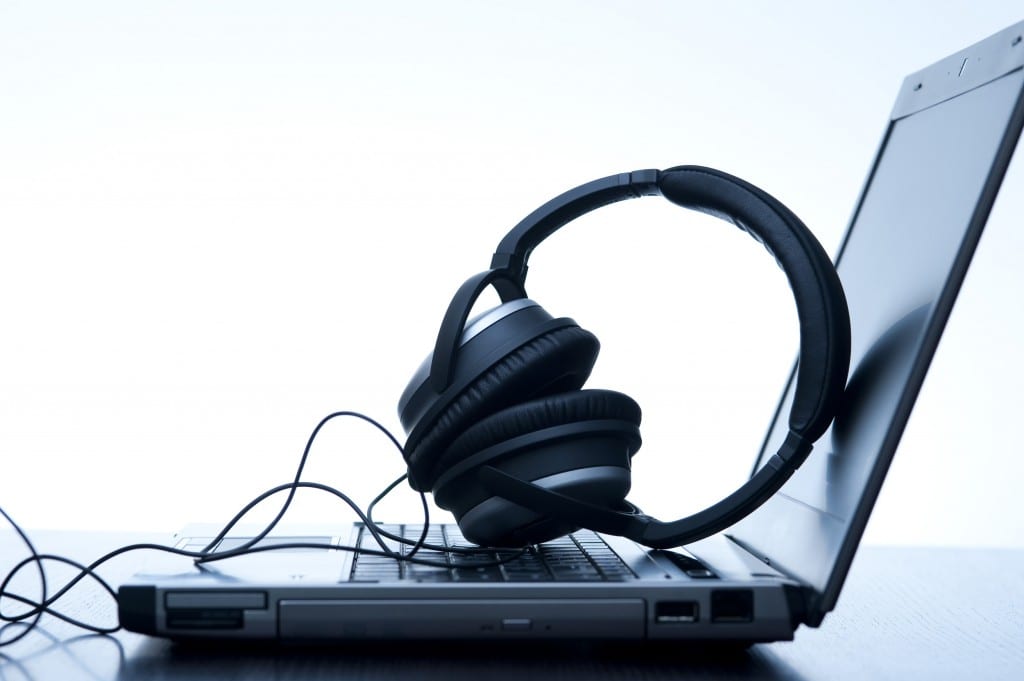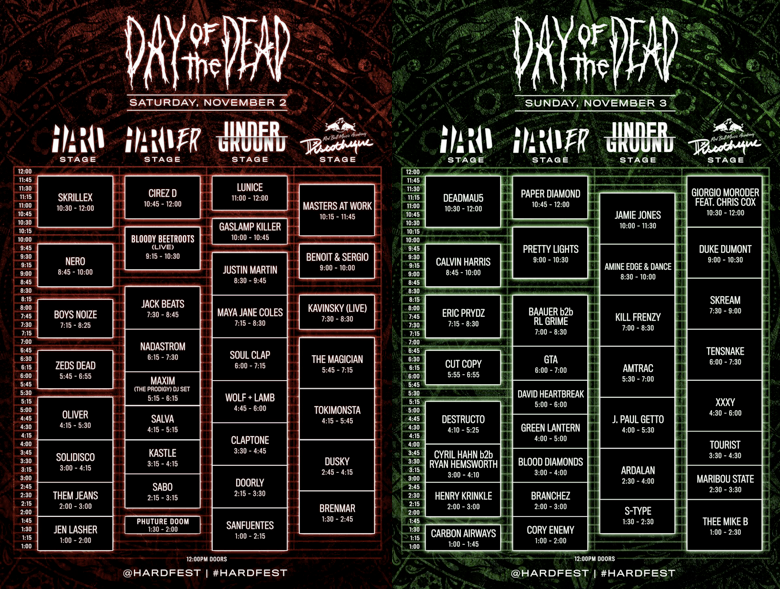When Apple opened iTunes in 2003, the emergence of digital downloads altered the music industry’s existence. For years, song downloads underwent double-digit growth annually, and only in recent years have online sales begun to slow down. With these digital sales now declining the sole comfort of the music industry is now uncertain of the future.
According to Nielsen SoundScan, a music tracking service, singles downloads are down four percent in the United States from this point last year with just over one billion downloads currently. Interestingly enough though album downloads are actually up two percent this year to just below two million downloads. Using the industry measure of ten tracks per album and then combining that with individual sales, total digital downloads are down almost one percent. A single percent may not seem like much, but consider the current estimate of the broader music industry, one hundred and thirty billion dollars. A percent is more than a billion dollars (1.3).
In the very nature of a capitalistic society, when people are losing out on a piece of a billion dollars, they are also pointing fingers. In front of that the finger currently are music streaming services such as Pandora, Spotify, and even YouTube. Not all executives and analysts are convinced that such services are directly causing the decline in digital sales, but they are sure that subscription sites are not losing a billion dollars a year. In fact, the Recording Industry Association of America recorded that streaming and subscription services mustered just over a billion dollars last year. A fifty-nine percent increase from the year prior, and rumors are that this facet of the industry is soon to record more robust growth figures.
Without a strong correlation between the fluctuation in respected revenues, it’s still hard to say whether streaming services are the direct cause to declining sales. Is the accessibility to millions of songs deterring the actual purchase of tracks, or is it acting as a funnel to the expansion and subsequent purchase of music? That’s the question everyone is asking.
“We just don’t know that consumers are abandoning one to go to the other,” -David Bakula, Senior Analyst Nielsen SoundScan
Experts have scrutinized over the potential effects of streaming sites on digital sales for well over a year now, producing a number of possible notions as to the long-term outcomes and trends in the overall decline. A recent suggestion though places Android users on the list of plausible factors; yes, scratch head here. Phones running the Google operating software now make up the majority of cell phone sales in the United States, and Google’s Play store does not begin to generate the type of revenues that, say, iTunes does.
Global marketing research firm, The NPD Group, took this theory a bit further when they reported their findings on peoples willingness to purchase music based on that individuals operating software. In a survey, The NPD Group found that fifty-four percent of iOS users claimed they would purchase music, compared to a simple thirty percent of Android users. Upon initial reading of this fact one might think, “O, Android users just don’t listen to music”. Which might be somewhat true, but in all likelihood, they’re probably just so tech savvy that they can download music to their cell phones at like, eighty mbps, while bypassing the purchase step.
Again, current data falls short of providing value feedback at this time, but it’s very unlikely that the difference in operating software could have such a drastic effect on digital sales. There are certainly signs of some discrepancies in music purchases between softwares, however Android users aren’t costing the music industry a billion dollars.
“Whether or not Android users download less than iOS users, there’s no reason to think that that is having any impact on year-over-year sales.”-David Bakula, Senior Analyst Nielsen SoundScan
Eventually analysts will pinpoint the direct cause in the declining online sales, or at least like us to think they have. In the mean time though experts and executives are admit that an aggressive approach is still necessary. With streaming and subscription services seeing a similar success to the initial opening of iTunes ten years ago, industry professionals are going to ride this pony for as long as possible.
Spokesmen for the Recording Industry Association of America, Jonathan Lamy:
“A variety of access models are collectively generating a healthy amount of revenue for labels and artists. We’ve still got a ways to go, but when you add up revenues from all of these models, in the aggregate, they represent real revenues now and prospects for a bright future.”











Spotify
hipsters & vinyl
Free Downloads/ Piracy